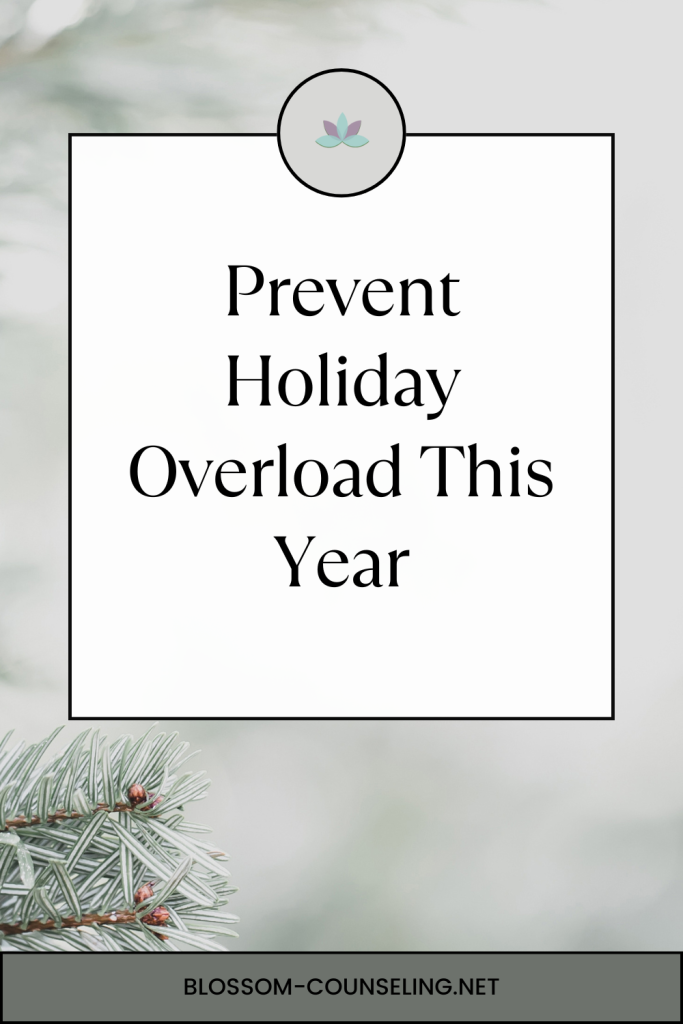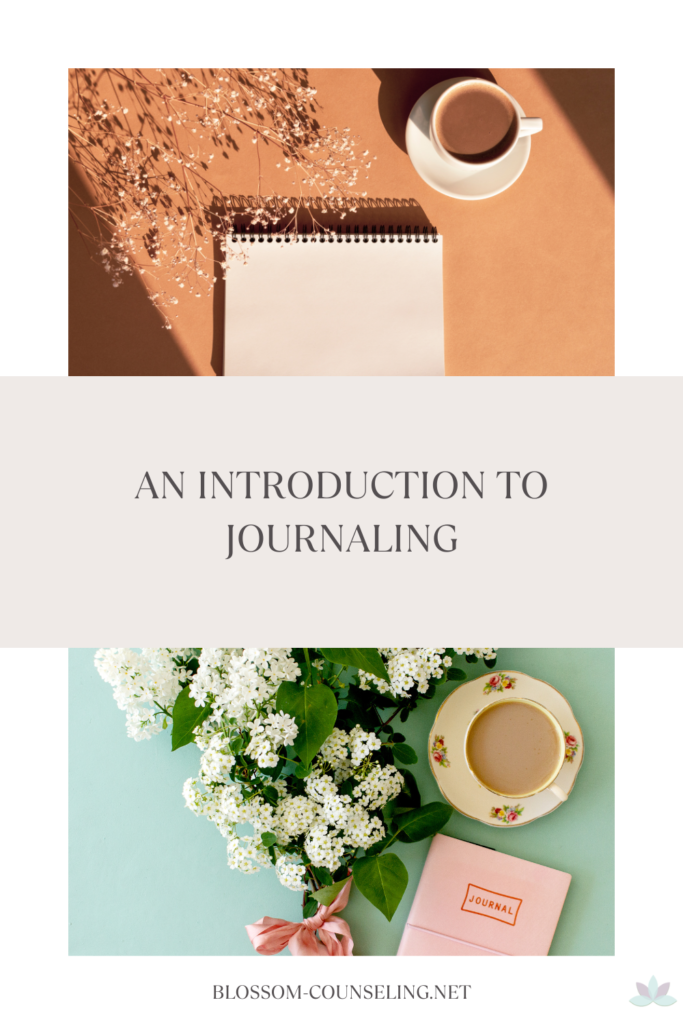Emotional unavailability is one of those relationship roadblocks that can leave you feeling frustrated, unseen, and exhausted. Maybe you’ve been in a dynamic where you keep trying to get closer, only to hit an invisible wall. Or perhaps someone in your life gives mixed signals—warm one moment, distant the next. Whatever the case, emotional unavailability can be confusing and painful, especially when you don’t realize what’s happening.
So, how do you recognize emotional unavailability? More importantly, how can you stop chasing connection with someone who can’t—or won’t—offer it? Let’s break it down.
What Is Emotional Unavailability?
Emotional unavailability isn’t just about someone avoiding deep conversations. It’s a pattern of behavior where a person struggles (or refuses) to engage in emotional intimacy. This can show up in romantic relationships, friendships, and even family dynamics.
Some people are emotionally unavailable due to past trauma, attachment issues, or fear of vulnerability. Others may simply lack the skills or desire to build deep emotional connections. Regardless of the cause, the effect is often the same: a one-sided relationship where real closeness feels just out of reach.
Signs of Emotional Unavailability
1. They Keep Things Surface-Level
Conversations stay light, even when you’ve known them for a while. They might talk about work, hobbies, or current events but shy away from anything personal. When you try to go deeper, they deflect, change the subject, or make a joke to avoid vulnerability.
2. They Struggle with Consistency
Emotionally unavailable people can be hot and cold. One day, they seem engaged and interested; the next, they’re distant or unresponsive. This inconsistency keeps you guessing, making it hard to build a secure connection.
3. They Avoid Talking About Feelings
When emotions come up—yours or theirs—they get uncomfortable. They might shut down, dismiss your feelings, or insist that things are “fine” even when they’re clearly not. Conversations about relationship expectations or needs often end in frustration or avoidance.
4. They Keep You at Arm’s Length
You may feel like you’re close, but there’s always an invisible barrier. They might avoid introducing you to friends and family, steer clear of commitment, or hesitate to label the relationship. Even in long-term relationships, there’s often a sense that something is missing.
5. They Prioritize Independence to an Extreme
Independence is great, but emotionally unavailable people often use it as a shield. They emphasize their need for space, push you away when things get serious, or insist they don’t “need” emotional support—even when they clearly do.
6. They Make You Feel Like You’re Asking for Too Much
If you express a need for more connection, they might accuse you of being too needy, dramatic, or emotional. Over time, this can lead to self-doubt, making you question whether you’re expecting too much from a relationship (spoiler: you’re not).
7. They Have a History of Short or Superficial Relationships
If they struggle to maintain deep, long-term relationships, it’s worth noting. They might have a pattern of quick breakups, noncommittal flings, or friendships that never move beyond casual acquaintanceship.
Why Do We Attract Emotionally Unavailable People?
If you find yourself repeatedly drawn to emotionally unavailable partners or friends, it’s worth exploring why. Sometimes, we chase unavailable people because they reinforce familiar patterns from childhood or past relationships. Other times, we may subconsciously believe we have to “earn” love and connection.
It’s also possible that we mistake emotional unavailability for mystery or excitement. The chase can feel intoxicating—until it doesn’t. Recognizing these patterns is the first step toward breaking them.
What to Do If Someone You Care About Is Emotionally Unavailable
If you’re dealing with emotional unavailability in a relationship, here are a few things to consider:
- Accept that you can’t change them. Emotional availability is an inside job. If someone isn’t willing or ready to open up, no amount of effort on your part will force them to.
- Communicate your needs clearly. Express what you need in a relationship and see how they respond. If they dismiss or ignore your concerns, take that as valuable information.
- Set boundaries. If their emotional distance is causing you pain, it’s okay to protect yourself by limiting your investment in the relationship.
- Recognize your own patterns. Ask yourself: Do I keep pursuing unavailable people? If so, why? Working with a therapist can help uncover underlying beliefs and break unhealthy cycles.
- Prioritize relationships that meet your emotional needs. There are people out there who are capable of genuine connection. Don’t settle for less than what you deserve.
Final Thoughts
Emotional unavailability can be incredibly frustrating, but recognizing the signs can save you time, energy, and heartache. If you’ve been stuck in a cycle of chasing connection with someone who can’t fully show up, remember: you are not too much. Your need for emotional intimacy is valid. And most importantly, there are people out there who are capable of meeting you where you are.




